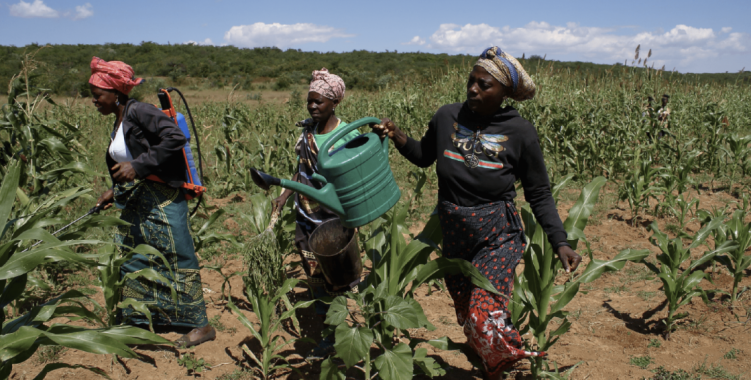According to data provided by the holder of the Agriculture and Forestry portfolio, almost all agricultural activity (90 percent), in national terms, is carried out by families, with an estimated involvement of 2.4 million citizens. The remaining 10 percent, he added, falls to the business domain.
Among the main limitations that hinder the development of production in the country, the minister pointed out the lack of knowledge about land cultivation, dependence on imported agricultural logistics, as well as obstacles in distributing the products resulting from cultivation. However, cited by Angop, he added that to overcome these limitations, the Government made funds available to support the current agricultural campaign, the amounts of which are mainly directed to small farmers and family farming.
Rui Minguêns, Minister of Industry and Commerce, also intervened, considering that imports should be a supplement to national production, which led to the protection, under the law, of some products that have seen their production grow internally, adding that public entities must first look for the country's market before the foreign market.
Another of the speakers was Vanderley Ribeiro, president of the Agricultural Association of Angola, who said that the country's current indicators in terms of food security are alarming, although in recent years it has grown timidly in relation to the national growth rate, thus having advocated a redefinition in institutional terms of the role of family and business agriculture, aiming to narrow the goals linked to national food and nutritional security, writes Angop.
While David Maciel, general director of Carrinho Agri, considered that the evolution of the country's agriculture is subject to technical and technological knowledge, requiring frequent training of field agents.
The Minister of Fisheries and Marine Resources, Carmen dos Santos, defended the development of aquaculture as a crucial component to increase aquatic resources in Angola, as well as mentioning that legal instruments are being prepared to implement mariculture, inviting the business class to invest in this segment, while the Minister of Finance, Vera Daves, another of the speakers, spoke about topics related to her portfolio, such as the supplement of 30 thousand kwanzas in public service salaries, among other issues, says Angop.
It should be noted that the conference's theme was "Food security: Reality, challenges and opportunities".







